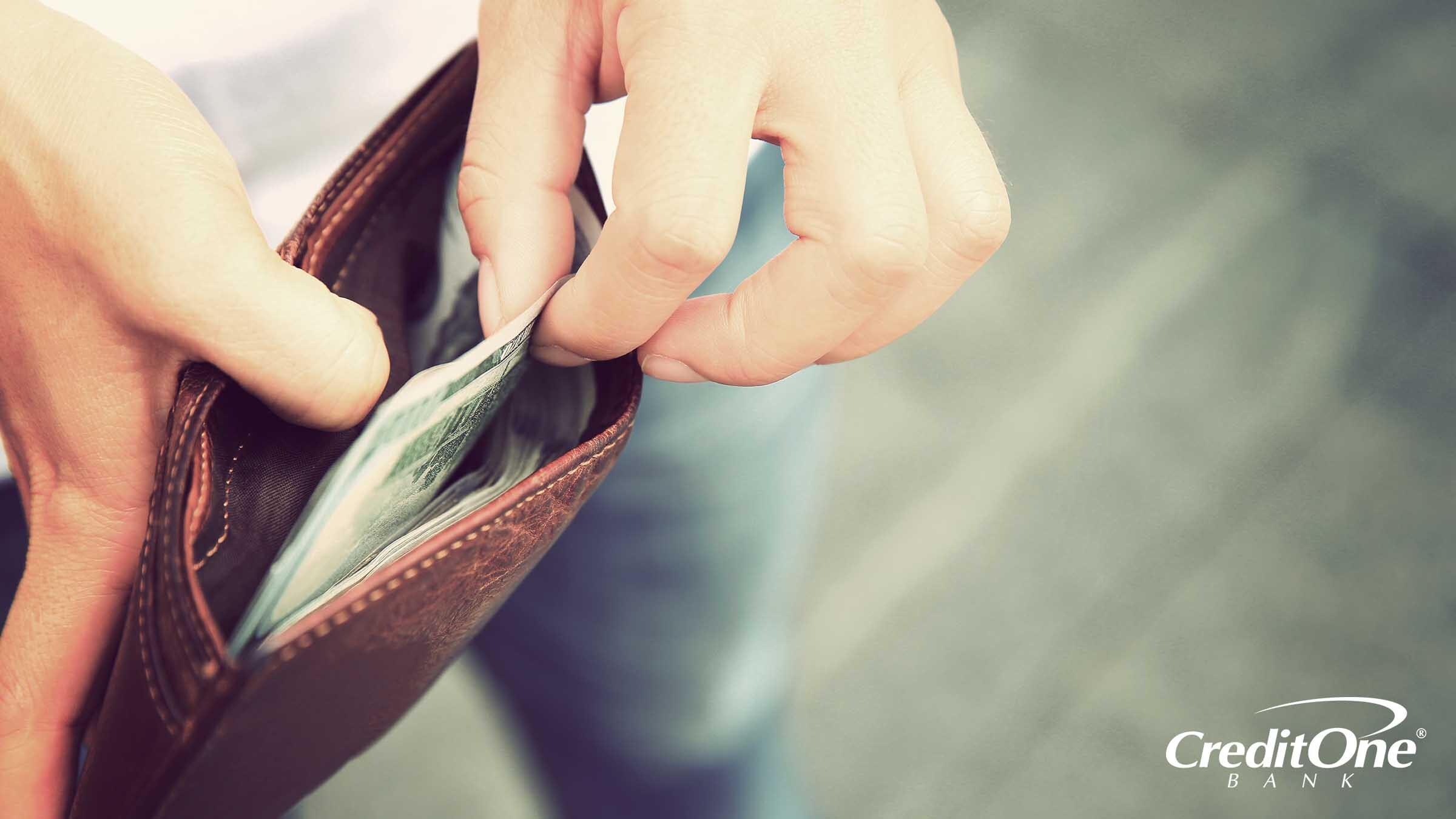According the U.S. Census Bureau, about 30% of American households do not have a credit card. For some people it’s a choice; others may find themselves in this category because they are unable to obtain it. Others may have just never felt the need or gotten around to applying for credit.
Regardless of which group you may fall into, living a credit-free existence in a credit-based economy can present some real challenges and missed opportunities, including:
Missing Out On More/Instant Purchasing Power
Without credit, your purchasing power is restricted to the amount of funds you personally have—or can borrow from friends or family, which is technically being granted credit, just not from a financial institution. Which means, if you want to buy something, you must pay with cash, which includes debit card or check since purchases made with either of these come directly out of your bank account. Credit allows you to purchase today what you will pay off tomorrow.
While it may not be too big of a sacrifice to make everyday purchases in cash instead of with a credit card—and going into credit card debt is never ideal—things get a lot trickier when considering purchasing big-ticket items like a car or home. Without automobile or car loans, you would need to save the entire purchase price before you could buy either. Yes, you’ll ultimately end up paying more in the total purchase price if you finance a car or home because of the interest, but without credit, it could take you years to save enough money to get that new car or home.
Lack of a Credit History
Using a credit card and/or taking out loans helps you to build a documented credit history that can be instrumental in being granted future credit. Those of you who purposely choose to live without credit are probably saying to yourselves, “We don’t want credit now, and we probably won’t in the future, so who cares?”
While that’s a valid point, you should know that credit history—which is reflected in your credit reports and factored into your credit score—plays a bigger role than just scoring you credit. For example, many employers run a credit check on potential employees before making them an offer. And it’s not just mortgage lenders that check your credit when it comes to housing; potential landlords may also run a credit check before deciding to rent their place to you.
Cash and debit card transactions are not reported to the three main credit bureaus, so they don’t help you build any kind of credit history. And having no credit history could end up being a strike against you in finding the right job and the right place to live.
Less Emergency Preparedness
Nobody wants to pay for costly auto repairs when a car breaks down or for a trip to the emergency room when there’s an accident. But, unfortunately these things are a part of life. Unless you were prepared enough to create an emergency fund sufficient to handle these unexpected crises, without credit you could find yourself unable to cover them. Again, while it’s never ideal to put something on a credit card you don’t have the money for, if it’s necessary for your well-being, it’s nice to have the option.
More Difficult Travel
When you rent a car or hotel room without a credit card, that typically means having to leave a cash deposit or making sure you have enough funds in your bank account for your debit card to handle it. And if the only way you can buy online airline tickets and accommodations is with a debit card, if you don’t have enough money in your bank account, you may have to wait until the last minute and miss out on travel deals. With a credit card, you can book now and pay later, taking advantage of early bird savings.
Lessening Losses
When you carry cash, if it’s lost or stolen, it’s gone forever. With a credit card, a lost or stolen credit card can be replaced with a simple phone call. And your liability for any fraudulent charges is limited by law. Yes, debit cards also offer fraud protection, but it is not as consumer friendly as with credit cards.
Unfulfilled Rewards Potential
One hundred dollars in cash gets you $100 in purchasing power. But if you have a rewards credit card that earns you cash back, points, or travel miles, making a $100 purchase with it actually gets you more. Depending on the card, that purchase could earn you a couple of bucks in cash back rewards, a couple hundred airline miles, or points to apply towards gasoline, hotel stays, or more.
Cash may be king, but a credit card can work harder for you. But only if you let it.
Forfeiting Other Perks
Credit cards offer other perks cash simply can’t, such as supplemental insurance on rental cars, additional warranty protection on purchases, and discounts with select merchants. About the only perk cash will get you is an occasional discount of a few percentage points, usually equivalent to the fee the merchant would pay the credit card company.
Yes, it is possible to live these days without credit, and there are proponents out there who encourage you to lead a debt-free life. However, credit is ultimately a tool, and how you use that tool determines whether or not it will benefit your life. Used unwisely and recklessly, credit can get you into trouble. But used responsibly, credit could help you achieve goals and earn benefits that might be more difficult—or just not possible—living without it.

![How Credit Cards Work for You [Infographic]](/content/dam/cob-corp-acquisition/images/articles/2021/03/104429 COC_13_102547_Forget Cash.jpg?imwidth=360)

